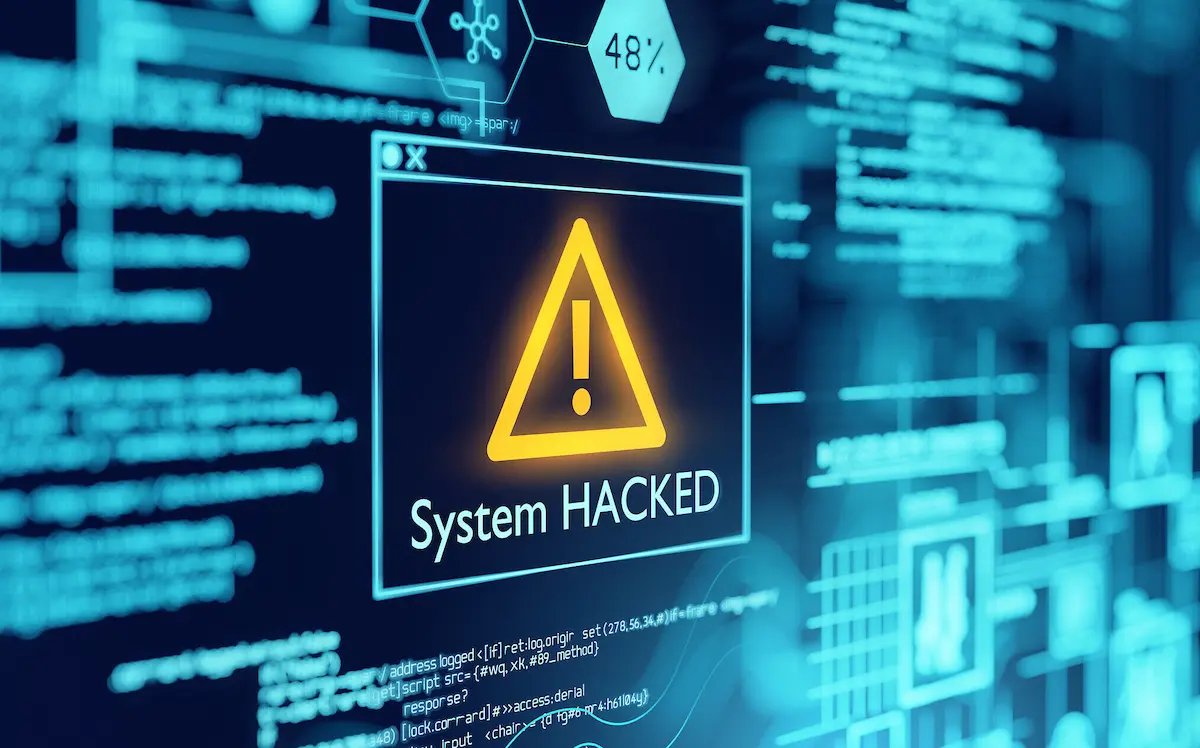Believe it or not, even small businesses get hit by cyberattacks and encounter all sorts of malware. Sadly, most small (and even medium-sized) companies don’t worry about cybersecurity until it’s too late.
Well, since an ounce of prevention is worth a pound of cure – it’s high time we talked about getting your business’s cybersecurity up to speed.
Make a Cyber-Risk Evaluation
The best way to start developing a cybersecurity plan is to know what your critical spots are – aka “if this gets hacked, we are out of business” spots.
If you’re dealing with a lot of important data, make backups. If you have a lot of people connecting to your service, make an extra effort to make your network more secure. If your workforce also uses mobile devices for work, you may also wish to consider whether you need additional UEM security to make sure these devices are properly protected so that your employees can work as productively as possible.
By making a decent evaluation, you can invest your cybersecurity budget efficiently.
You can also decide to employ a security team, like Walter Soriano Security Experts Company, that handles everything for you.
Secure Your Credentials
If your business conducts any of its activities online, it probably also has a lot of online accounts. Be it financials, digital tools, or social media login info, having a complex and unique password is a must! You have to make sure that everyone is on board with this.
You can also use password management tools to make things easier because, sooner rather than later, there will be too many credentials to keep track of.
The fact that cybercriminals can steal confidential information and even attack or sabotage your company’s systems is nothing new. And the damage caused is huge for the reputation and profit of your company. To avoid cyber attacks, you need to secure your business data. You also need to protect your company from internal threats. One of the best methods of multi-level security is multi-factor authentication, which you should consider. With multi-factor authentication, you can add a second layer of security for all user accounts on your network, VPN, and RDP sessions, or even for certain applications. When using Palo Alto VPN, you may need an additional layer of protection against cyber attacks. Why not think about multi-factor authentication in Palo Alto (MFA Palo Alto) to have sound security measures in place? Sensitive data may have also been divulged in the dark web which attackers can use against your business. Make the smart move by employing dark web monitoring tools to track the dark web and secure your data.
Invest In Employee Education
Making sure everyone on your team is familiar with the current cybersecurity plan is crucial. Not everyone will be enthusiastic about it, so finding the right approach can be tricky. Most companies opt for interactive cybersecurity training.
It’s also important to raise awareness of current cybersecurity threats. Everyone can benefit from some phishing training since no one is immune to human error.
Create Damage Control Plans
There’s nothing wrong with having a contingency plan. If things go south and your cybersecurity walls fail you, your business needs to survive.
One way to do this is to simulate a cyberattack, like a phishing attack. This way, you get the chance to teach your team members how to react and what to do in such situations.
Lastly, being prepared for the worst is a virtue, not a flaw, in the business world. This brings us to our final point.
Backups And Updates
Regular backups and maintenance won’t guarantee your business 100% safety in the digital world, but it’s the closest thing to it.
Backups will enable your operations to continue while you resolve the security issue. On top of that, regular backups keep you safe from human error (for the most part).
Also, software and firmware updates carry important security patches, so make sure to download them.
In conclusion
Lack of cybersecurity often makes smaller businesses a lucrative target for hackers and scammers. So, it’s up to you to make their task more difficult.
It’s never too late to start caring about your business’ cybersecurity – the sooner you start, the better. No matter what stage your business is at, it needs proper security to grow.

